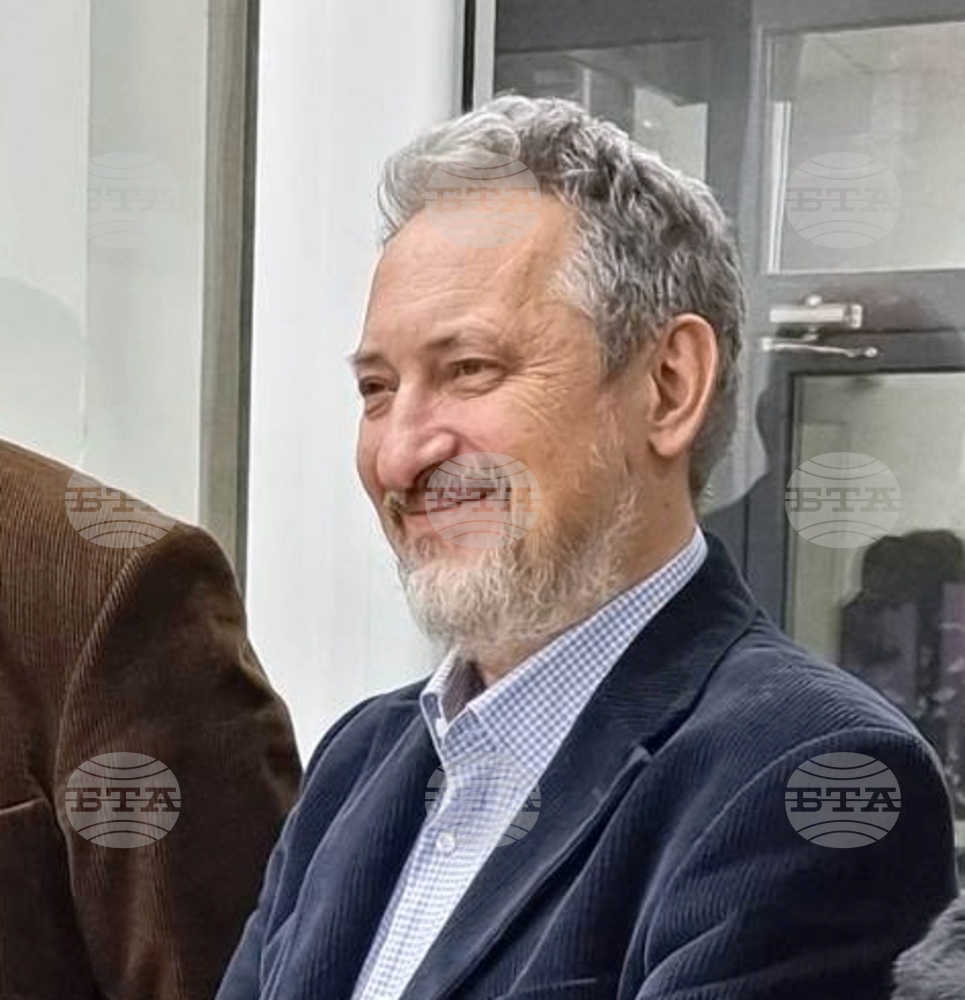site.btaFebruary 21, 1999: First Visit of Macedonia's PM to Sofia since Country Declares Independence in 1991


On February 21, 1999, Prime Minister of Macedonia [now Republic of North Macedonia] Ljubco Georgievski paid an official visit to Sofia. That was the first visit here of a Macedonian head of government since the country declared its independence in 1991. Seven bilateral documents were signed within the visit.
Following is BTA's news piece on the first day of Georgievski's visit to Bulgaria.
Macedonian Prime Minister Ljubco Georgievski and his Bulgarian counterpart Ivan Kostov had a nearly hour-long one-to-one session. Georgievski arrived on an official visit earlier on Sunday. The two heads of government made no statements after the talks, which a source of the Bulgarian delegation said were held without an interpreter. They are expected to give a joint news conference on Monday after signing a Bulgarian-Macedonian declaration and another seven documents.
The talks between the delegations of the two countries also started Sunday.
Bulgarian Trade Minister Valentin Vassilev said that Macedonian experts will come here in early March to get assistance from Bulgaria for their country's entry into the
World Trade Oranization. "Bulgaria will provide technical assistance and probably political support as well," said Macedonian Trade Minister Nikola Kljusev. The first round of negotiations on a free trade agreement is scheduled for mid-March. The intention of the two countries is to see it signed this autumn and taking effect on January 1, 2000.
Answering a BTA's question, Kljusev said he expects two-way trade to increase tangibly after the signing of the agreement.
Valentin Vassilev said that the sides have agreed to step up work on standards and certificates to facilitate the commercial exchange.
Next week, the deputy finance ministers of the two countries are starting talks on the implementation of projects for joint checkpoints and customs servicing, said Finance Minister Mouravei Radev. He was invited by his Macedonian counterpart Boris Stoimenov to Macedonia. The agreements to be signed Monday will provide a groundwork for developing trade relations and establishing joint ventures.
"It was my first meeting with [Mouravei] Radev, and I had the feeling I have known him for years," said Stoimenov. "The reason for this is that the two countries are undergoing similar processes and identical reforms." Stoimenov believes the sides can exchange information on their economic development to avoid repeating mistakes they have made.
Border crossings were also on the agenda of the two transport ministers, Wilhelm Kraus of Bulgaria and Bobi Spirkovski of Macedonia. "We agreed on the need to build European-style border crossings where the administration on one side will service the whole traffic of passengers and cargo in one direction and the other side those going in the other direction," said Kraus.
The two Transport Ministers agreed to sign a memorandum on the construction of Corridor VIII and transport links with the other pan-European corridors. "We had no differences and agreed to adopt a single position at the signing of the document," said Kraus.
The need to streamline the border formalities was also discussed by Bulgarian Interior Minister Bogomil Bonev and his Macedonian counterpart Pavle Trajanov. "We agreed to appoint mixed teams for border checks both to speed up border passage and to improve control against smuggling and drugs trafficking," said Bonev. He informed the guest about the emergence of "new players on the Balkan drugs route - Kosovar Albanians".
"I informed Mr Trjanov about Bulgaria's agreements with Greece, Turkey and Romania on close cooperation in fighting drugs trafficking and organized crime and expressed my hope that Macedonia will join in," said he.
"We agreed that a closer cooperation is necessary in all these fields," said Trajanov. He promised to review the 1992 agreement between the two countries' Interior
Ministries with view to optimizing cooperation.
"The development of relations is in both countries' interest," said Macedonian Deputy Foreign Minister Boris Trajkovski, who is also on the Macedonian delegation. "I believe from this point things will develop favourably."
/DS/
news.modal.header
news.modal.text